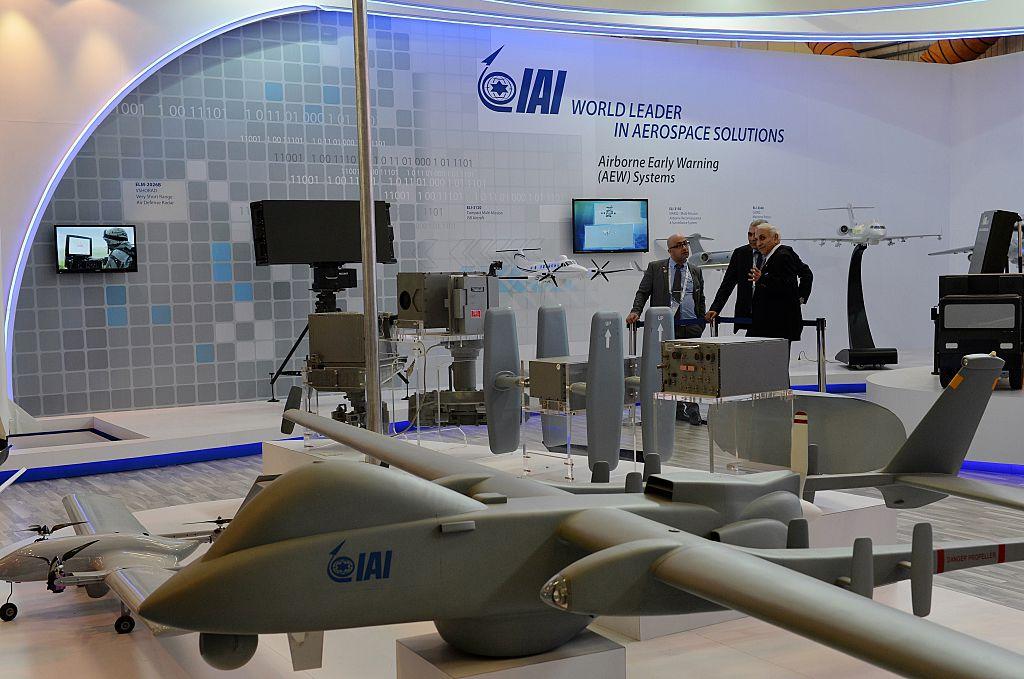China’s flurry of recent investments in Israel is coming under close scrutiny. China’s efforts to build ties with Israel are unusual given that the Middle Eastern country doesn’t produce petroleum—one of the Chinese regime’s primary categories of foreign imports.
A U.S. think tank recently warned that China’s interest could be damaging, not only to Israel itself, but also to the United States.
The Hudson Institute, in a Nov. 5 article penned by senior fellow Arthur Herman, outlined China’s ulterior motives behind the investments. “It is abundantly clear what China wants from its growing ties with Israel: high-tech leverage and a strong geopolitical presence in the Middle East,” the article stated.
Annual trade between the two nations has now surpassed $11 billion, 200 times larger than the annual figure back in 1992, according to data from Israel’s Ministry of Foreign Affairs. To put that in perspective, U.S. trade with China grew by roughly 20 times during the same period.
To boost ties, China has poured money into investments, from buying Israeli companies to funding infrastructure projects that could support trade routes for China. Some of the deals may involve military technology, and have geopolitical consequences that could threaten U.S. security, according to the Hudson Institute.
Commercial Technology
But China’s core interests lie in acquiring Israeli technologies, illustrated by purchases of Israeli tech companies, including Alma Lasers, Natali HealthCare Solutions, and TravelFusion.
In 2013, China’s publicly listed Shanghai Fosun Pharma Group invested $240 million to acquire about 96 percent of aesthetic laser company Alma Lasers. A year later, Jinpeng Group, a private company based in Guangzhou, acquired Natali, a developer of health-related electronic devices and apps, and Israel’s largest private health care service provider, for about $100 million. In 2015, China’s publicly listed company Ctrip, a travel agency based in Shanghai, acquired TravelFusion, a travel content aggregator, for $160 million.
Chinese internet giants such as Alibaba, Baidu, and Tencent Holdings are also seeking start-ups for collaborations that can assist them in building new technologies to compete with Apple and Google, according to the Hudson Institute.





